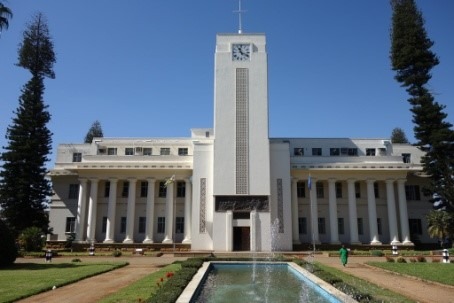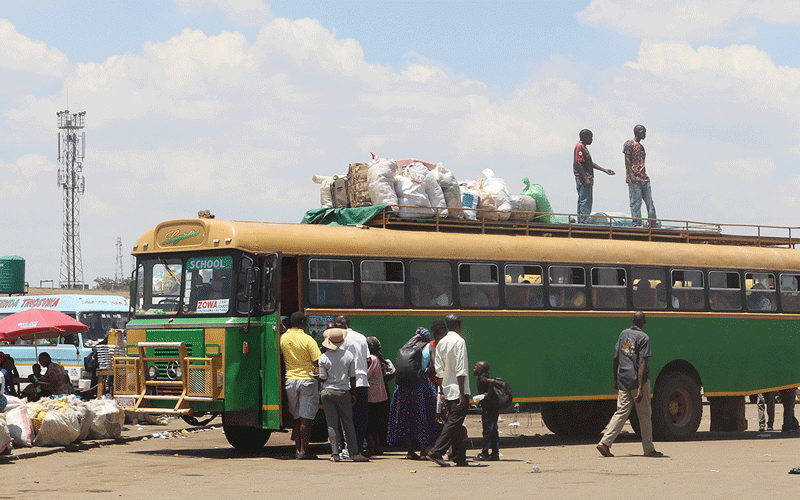
BY RICHARD MUPONDE/ DUDUZILE NDLUKULWANI
BULAWAYO City Council has exempted hospitals from the 36-hour water rationing programme introduced this month following a sharp drop in water supplies.
The city fathers embarked on the massive water rationing programme three weeks ago citing dwindling water levels in the city’s major supply dams and a mechanical fault at the pumping station.
United Bulawayo Hospitals (UBH), as a result, was two weeks ago forced to suspend all surgical operations, endangering patients’ lives.
Town clerk, Christopher Dube confirmed on Friday that hospitals would be spared the water rationing programme.
“Hospitals are not part of the water-shedding programme. There were problems with UBH which resulted it in being disconnected and the problems have since been rectified. In case there are water problems, we will be supplying them with water bowsers,” Dube said.
Recently, UBH chief executive officer, Nonhlanhla Ndlovu said council was not supplying them with water bowsers to alleviate the problem and health personnel had a torrid time filling up water containers for patients’ requirements.
The most affected were the maternity and the theatre sections, which require a lot of water for delivering mothers and surgical operations.
- Chamisa under fire over US$120K donation
- Mavhunga puts DeMbare into Chibuku quarterfinals
- Pension funds bet on Cabora Bassa oilfields
- Councils defy govt fire tender directive
Keep Reading
Doctors had to postpone all surgical operations, including caesarean sections until water supplies were restored.
The 36-hour water-rationing programme was introduced after water levels at the city’s supply dams dwindled to alarming levels due to low inflows.
City fathers approved the water-rationing exercise to save the situation when dam levels were running low.
Bulawayo has been perennially dogged by water problems for decades with residents expressing concern over the slow progress in implementing the Matabeleland Zambezi Water
Project, which has been touted as the answer to the region’s water crisis.











